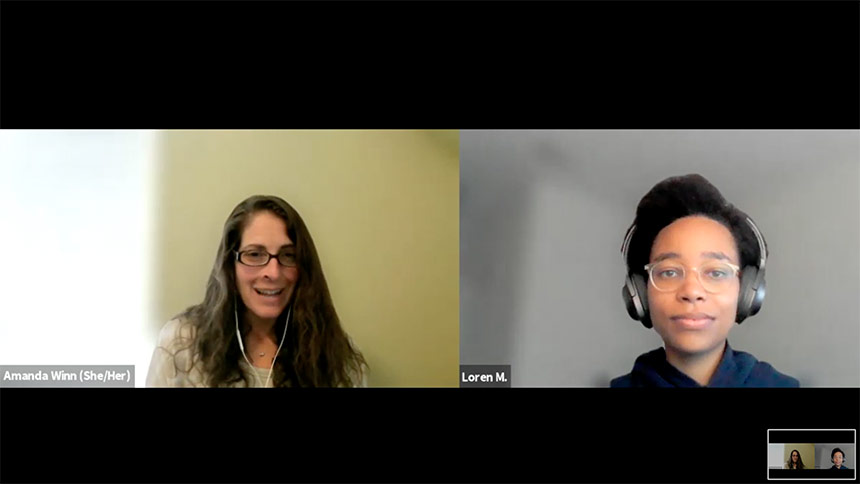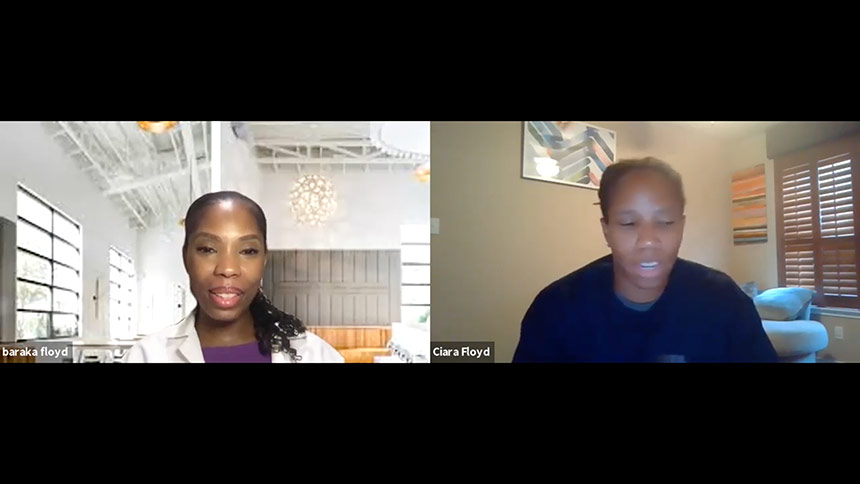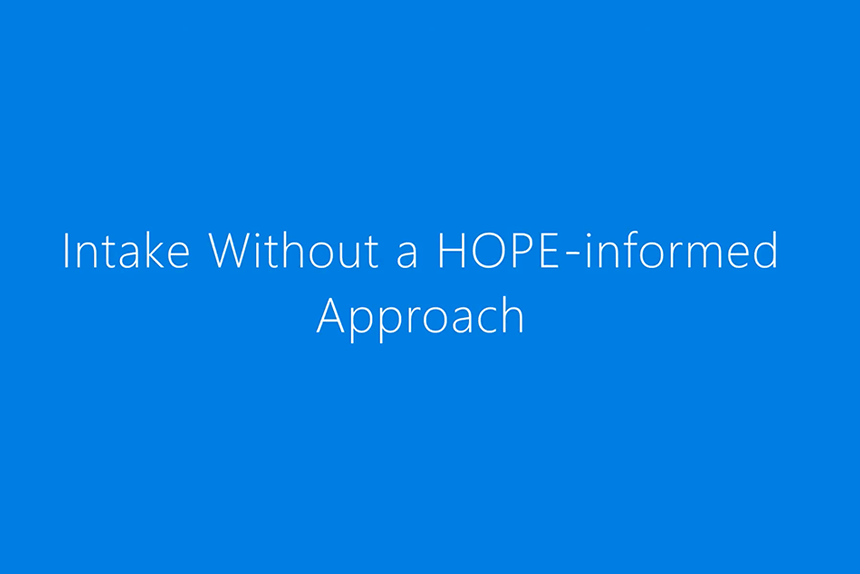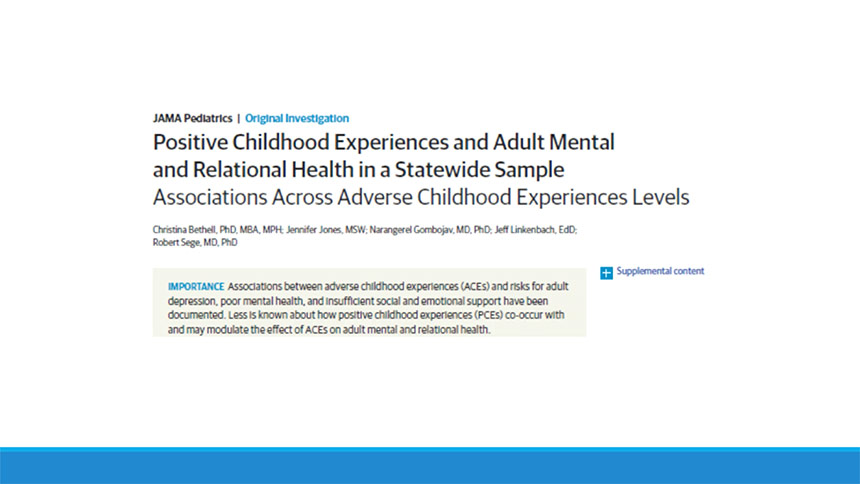HOPE-Informed checklist for decision making
How to assess your decision making with HOPE This simple checklist walks you through assessing if the decision you are making, policy you are creating, or tool you are considering is aligned with the HOPE framework. Examples include: What I…





